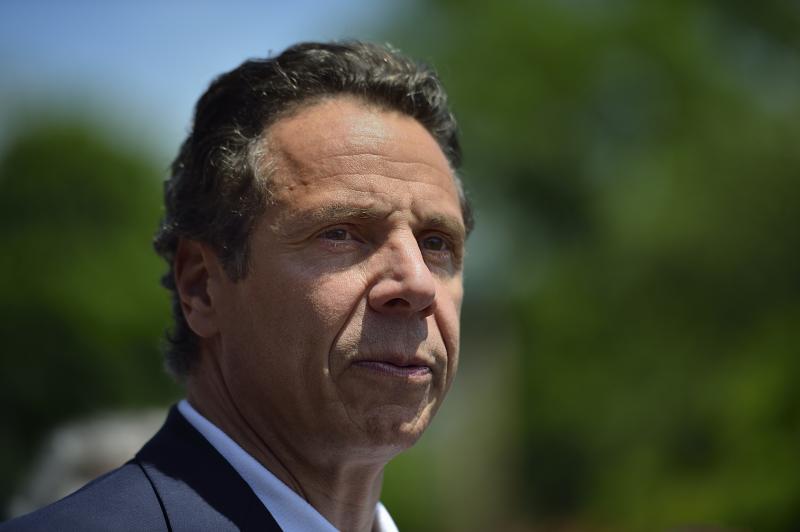
This week, Andrew Cuomo’s star went down in flames. While the smoke clears, let’s take a moment to sit back and reminisce about the governor’s long history with ethical and legal violations.
Cuomo’s controversies regarding sexual harassment and nursing homes deaths were far from his first abuses of power. In fact, his administration has a long history of it, ranging from interfering with ethics commissions, to financial corruption.
In July 2013, Cuomo formed the Moreland Commission to investigate corruption in New York’s government. At first it was a success, giving Cuomo good PR. Yet as it went on there were rumors that, contrary to his claim that “Anything they want to look at they can look at,” Cuomo was interfering with the Commission’s investigations. There was friction within the Commission, itself with two factions forming: “’Team Independence’ and ‘Team We-Have-a-Boss’.”
The Commission eventually implicated two Republicans who were allies of Cuomo. Soon after, Cuomo approved some ethics reforms and shut the Commission down. Cuomo responded to rumors of interference by saying “It’s my commission…I can appoint it, I can disband it. I appoint you, I can un-appoint you tomorrow…I can’t ‘interfere’ with it, because it is mine.”
Another controversy of Cuomo’s regime was bid-rigging surrounding the “Buffalo Billion” and state economic development spending.
In 2018 New York authorized around $1 billion to go to economic development in Buffalo, NY. The man Cuomo picked to dole out the funds, Alain Kaloyeros, rigged the bidding of construction contracts to curry favor with Cuomo, arranging the first and second place bidders ahead of time. Also convicted in this scheme and sentenced to 6 years in prison was Cuomo’s childhood friend, Joe Percoco. Cuomo described Percoco as ‘like a brother’.
While the governor was not implicated in this, it does speak well of his management skills or Albany’s oversight of spending.
On top of this, Cuomo may have manipulated the state’s bipartisan commission to investigate ethical violations in New York’s government, the Joint Commission on Public Ethics (JCOPE).
As it turns out, after Cuomo’s book about leadership during COVID-19 was published, several members of the Commission accused him of interfering in its operations. The JCOPE commissioners did not approve the book. Their staff did. Afterwards several commissioners had trouble getting access to any information about the decision beyond Cuomo’s initial letter seeking approval and the staff’s letters granting it. Republican appointee Gary Lavine went so far as to say, “They have a cohort of ‘super-commissioners’ that are getting information that should be disseminated to all of us.” These accusations weren’t new either. “Other legislatively appointed commissioners have made similar criticisms about Cuomo…Those criticisms date back to 2012, a year after the body was formed.”
With an ethics commission where the Governor appoints the majority of commissioners, this probably should not be that shocking.
Albany crookedness isn’t new. Multiple legislators were convicted of corruption-related offenses during Cuomo’s terms. Many Americans are hearing about Cuomo’s issues now that he finally got burned, but make no mistake, there has been plenty of smoke and fire surrounding his administration for years.

